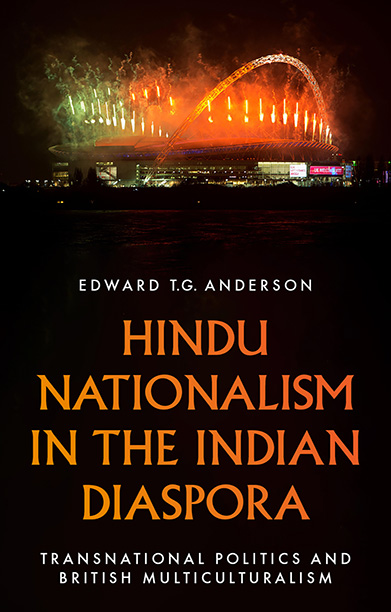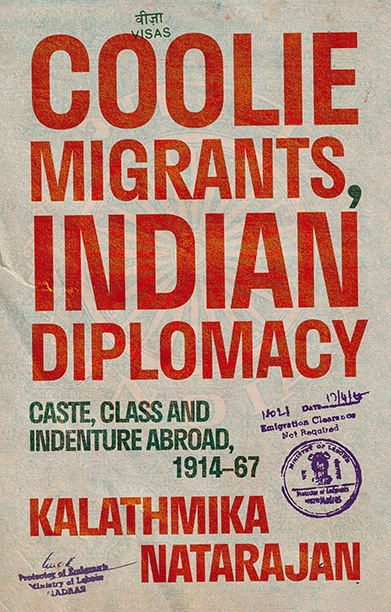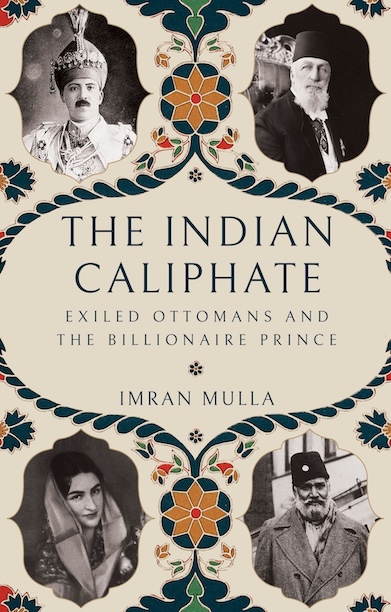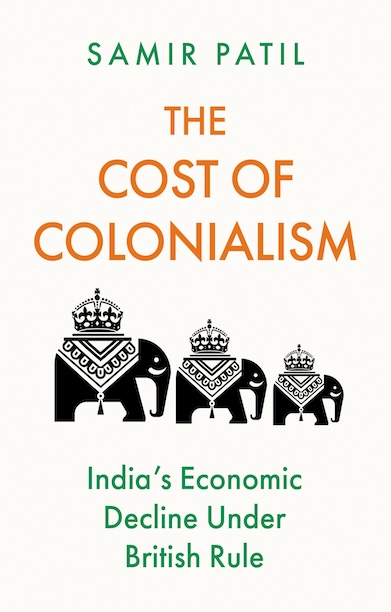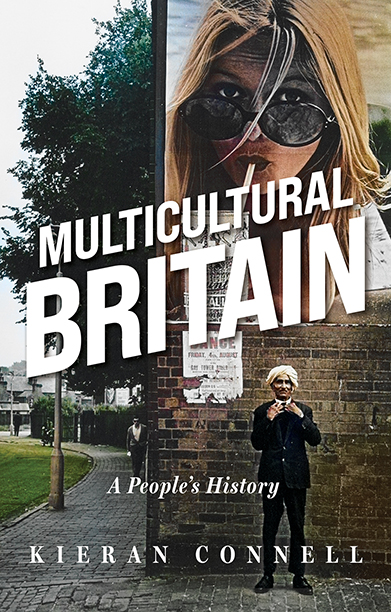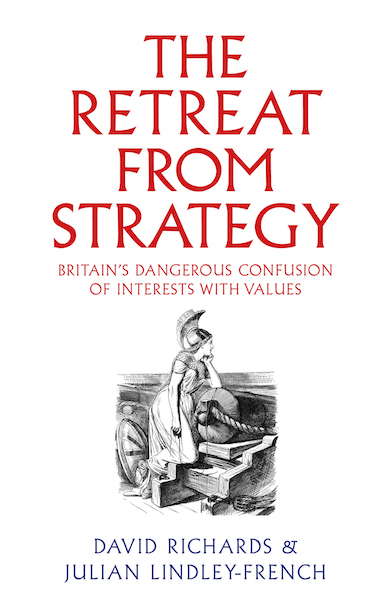Hindu Nationalism in the Indian Diaspora
Transnational Politics and British Multiculturalism
Explores the remarkable rise and influence of Hindu nationalism in Britain and beyond.
Description
Hindu nationalism is transforming India as an increasingly dominant ideology and political force. But it is also a global phenomenon, with sections of India’s vast diaspora drawn to, or actively supporting, right-wing Hindu nationalism. Indians overseas can be seen as an important, even inextricable, aspect of the movement. This is not a new dynamic—diasporic Hindutva (‘Hindu-ness’) has grown over many decades.
This book explores how and why the movement became popular among India’s diaspora from the second half of the twentieth century. It shows that Hindutva ideology, and its plethora of organisations, have a distinctive resonance and way of operating overseas; the movement and its ideas perform significant, particular functions for diaspora communities.
With a focus on Britain, Edward T.G. Anderson argues that transnational Hindutva cannot simply be viewed as an export: this phenomenon has evolved and been shaped into an important aspect of diasporic identity, a way for people to connect with their homeland. He also sheds light on the impact of conservative Indian politics on British multiculturalism, migrant politics and relations between various minoritised communities. To fully understand the Hindutva movement in India and identity politics in Britain, we must look at where the two come together.
Reviews
‘In this book the historian Edward Anderson explores how Hindu-nationalist sentiment in the diaspora affects local politics and the workings of multiculturalism in Britain. Despite his focus on just one country, many of his insights apply to other places with large groups of Indian-origin immigrants.’ — The Economist
‘For those interested in the role of diasporas in foreign policy today, this book is a useful source.’ — Foreign Affairs
‘An excellent scholarly work.’ — The Indian Express
‘A timely and important book adding to our understanding of the complexities of the diasporic experience and its relationship to India.’ — Kavita Puri, Writer and Broadcaster, BBC
‘This book is so extraordinary and important that it deserves a very wide readership … An unrivalled perspective of the recent rise of a Hindu nationalism as a global project. It is crucial reading for those interested in Hindu nationalism’s global footprint.’ — Joya Chatterji FBA, Professor of South Asian History, Trinity College, University of Cambridge, and author of Shadows At Noon: The South Asian Twentieth Century
‘A carefully researched, deep dive into the Hindutva in diaspora phenomenon. The focus of Anderson’s excellent, historical-political work is Britain, but he tells a story that spans India, its diaspora, and globally networked nationalisms more broadly. This is a book for these times, and for times to come.’ — Nikita Sud, Professor of the Politics of Development, University of Oxford
‘[An] illuminating study … A major contribution to our understanding of Hindu nationalism as a global project.’ — Thomas Blom Hansen, Reliance-Dhirubhai Ambani Professor, Stanford University
‘Anderson’s important study of rightwing Hindu nationalism in multicultural Britain makes a critical intervention … A must-read for all scholars interested in Hindu religious nationalism.’ — Tanika Sarkar, Retired Professor, Modern History, Jawaharlal Nehru University, Delhi
‘[A] uniquely rich and highly readable account … The book is a must read for anyone interested in the global reach of Hindu nationalism and its diasporic forms.’ — William Gould, Professor of Indian History, University of Leeds
‘This book offers meticulous documentation of how the expression of Hindu identity in India and abroad became connected… through an organization whose political party now rules India. This is the best account of the process we have, and hence is an important contribution to the literature.’ — Arvind Rajagopal, Professor of Media Studies, New York University
Author(s)

Edward T.G. Anderson is Assistant Professor in History at Northumbria University, Newcastle. He was previously the Smuts Research Fellow in Commonwealth Studies at the University of Cambridge, where he also studied for a PhD in History.
